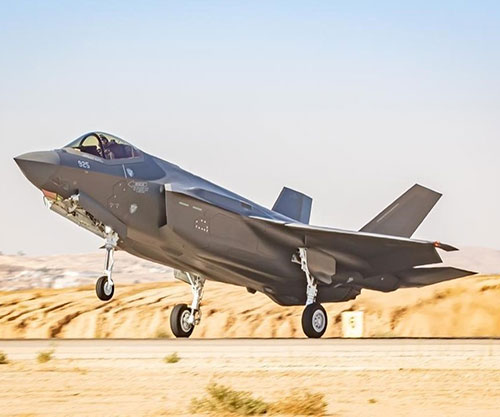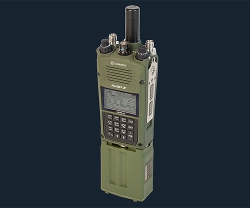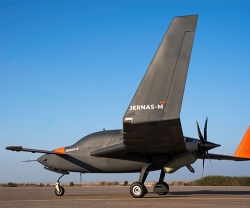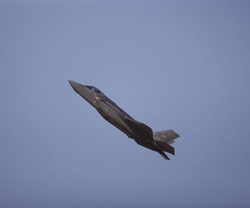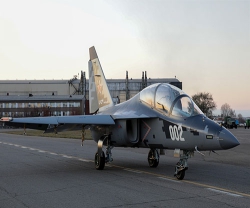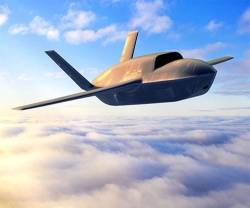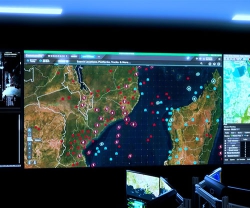The Isareli Defense Force (IDF) launched Sunday the largest exercise in its history.
Thousands of soldiers and reservists will take part in the drill, dubbed “Chariots of Fire,” including the air force, navy and regular and reserve forces, The Jerusalem Post reported.
The four-week drill will simulate a multifront and multidimensional war against Israel’s enemies in the air, at sea, on land and on the cyber front.
“There won’t be a unit that doesn’t take part in this drill,” IDF Spokesman Brigadier-General Ran Kohav said.
The goal of the drill is to improve the readiness of the entire military and examine the ability of troops to carry out a powerful and prolonged campaign against enemy forces. It will also reveal logistics and firepower issues that soldiers might face in a war.
The drill aims to improve cooperation between the IDF, government ministries, security organizations and civilian bodies, including their capabilities to transition from routine to a full emergency scenario with multiple areas that are constantly evolving.
A “cabinet” was also established to simulate the political echelon that would be an active partner in the decision-making process during war. The cabinet is made up of former reserve officers, including Major-General (ret.) Yaakov Amidror and Major- General (ret.) Gershon Hacohen.
The drill will also see the implementation of the IDF’s victory concept, emphasizing achieving operational goals at a fast pace, with attacks, defense and multidimensional maneuvering. The military said it would also implement all lessons learned from Operation Guardian of the Walls.
The drill will examine the dilemmas faced by the Chief of Staff, the General Staff and troops in the battlefield. The exercise will combine two large-scale division exercises of regular and reserve forces from the 162nd Division and the 98th Division.
The drill is unique and unprecedented in scope and will enable the army to maintain a high level of readiness in an ever-changing environment, the IDF said. It aims to improve the military’s capabilities in an intense, multifront and prolonged war on all borders.
The IDF believes it is unlikely Hezbollah will attack Israel in the near future, but the northern border remains the most explosive. Both sides have warned that the next conflict would be devastating.
Hezbollah has an estimated arsenal of 130,000-150,000 missiles and rockets, the majority which face Israel’s home front and strategic infrastructure. (Photo: Israeli Air Force F-35I Adir Stealth Fighter Jet)

